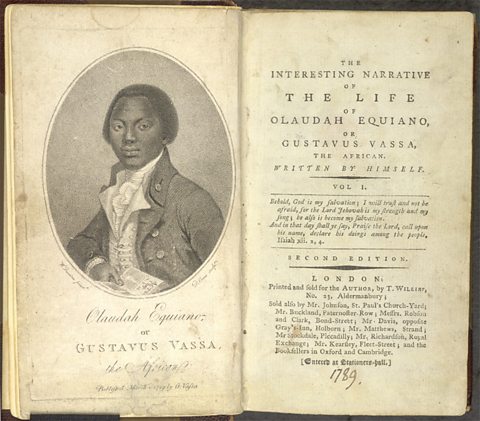More guides on this topic
- What was the triangular trade?
- What did the triangular trade do for British ports?
- How did the trade in enslaved people affect African societies?
- What were West African slave fortresses?
- What was the Middle Passage?
- What was Britain's influence on the Caribbean?
- Why did sugar plantations develop in the Caribbean?
- What impact did the trade in enslaved people have on the Caribbean?
- How did the trade in enslaved Africans affect the British economy?
- Britain and the Caribbean
- The captives' experience and resistance to enslavement
- Video playlist
